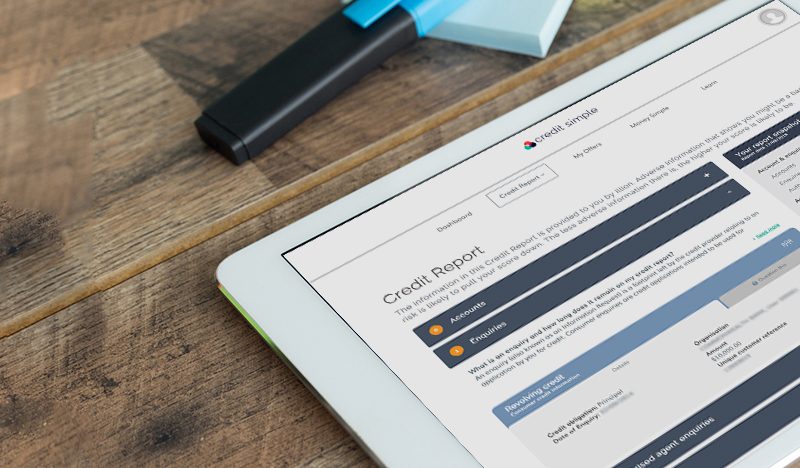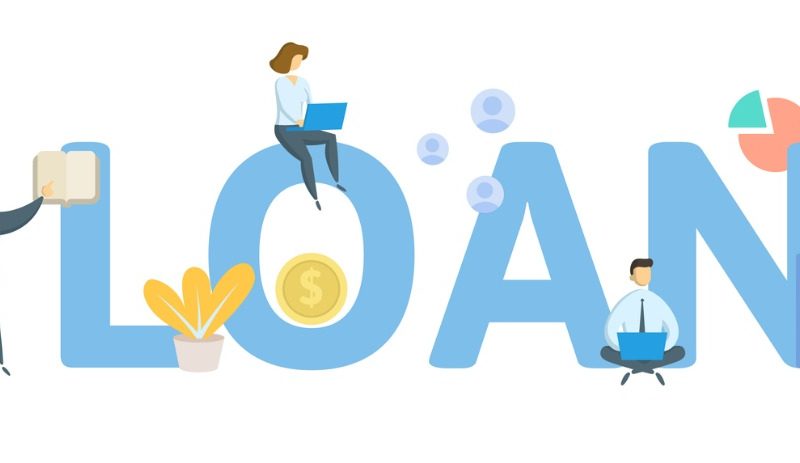Everything you need to know about online home loan calculators
Online home loan calculators can be among the most valuable tools you’ll find as you seek to maximise your borrowing capacity, nab the best deal and work out the most cost effective way to pay the darn thing off.
What is a home loan calculator?
“Home loan calculator” is actually a catch-all term that applies to an entire category of calculators that each has its own function.
For example, one type of calculator will estimate how much you can borrow, while another will let you experiment with different payment strategies. There are even calculators that will help you estimate your stamp duty based on where you plan to buy your home.
Some require more input from you than others, so you’ll need to know what to expect from each one before jumping in.
With that in mind, here are the most popular types of home loan calculators you’ll find on the net. Keep in mind that they all provide estimates only.
Home loan eligibility calculator
A home loan eligibility calculator helps you calculate the size of loan you may be eligible for. You’ll have to input some of your personal financial details such as:
- Your income
- Your annual expenses
- How many dependents you have
- Any other loan repayments you are making
- The amount of interest you expect to pay
- The term (or length) of your loan
If you’ve entered everything correctly, the calculator will estimate how much you’ll be eligible for but you’ll still need to go through the application process to get the true amount.
These can also be called borrowing calculators or borrowing power calculators.
Loan repayment calculator
You can think of a loan repayment calculator as a mortgage calculator, since this type of calculator helps you understand the details of your mortgage once you know how much you plan to borrow.
It will estimate how much you’ll pay on an ongoing basis, how you will pay down your interest and principal over time and how much in total you’ll spend by the time it’s all said and done.
A loan repayment calculator doesn’t require as much input as the borrowing calculator does.
You’ll just need to provide the following:
- How much you’ll be borrowing
- The term (or length) of your loan
- Your interest rate and whether it’s variable, fixed or introductory
- Whether you plan to repay the loan monthly, fortnightly or weekly
Home loan offset calculator
An offset account is a transaction account linked to your home loan. The more money you stash away into this account, the less you pay in interest on your home loan.
An offset calculator lets you see how your repayment plan will benefit from a well-funded offset account.
Stamp duty calculator
Stamp duty is a tax you pay on large purchases and transfers of property, like real estate and vehicles. The amount you’ll pay differs based on the value of the property and where the property is located.
It’s important to know how much you’ll pay in stamp duty because this expense can cut into the amount you’ll ultimately be able to borrow.
A stamp duty calculator simply asks you for a few details like:
- How much you’re paying for the property
- The state or territory where the property is located
- Whether or not you’re a first-time buyer (as certain concessions may be available if you are)
- Whether you’ll be living in the property or will be using it for investment purposes.
Other calculators
You may come across other home loan calculators, but most are just fancier versions of the loan repayment calculator:
- Extra repayments calculator. This lets you see what happens to your repayment plan if you decide to voluntarily increase your payment amount at a particular point in the future.
- Lump sum calculator. This shows you what will happen to your repayment plan if you decide to make a large lump sum payment at some point in the future.
- Home loan split calculator. This shows you how your repayments would look if part of your loan was set to a fixed rate and part of it to a variable rate.
- Home loan comparison calculator. This lets you compare the repayment plan for two loans side-by-side, based on the differences in interest rates, loan term and fees.
Who offers home loan calculators?
Nearly every home loan lender will offer a suite of home loan calculators to help you understand what you can expect when it comes time to actually apply for a loan.
Here are some lenders who offer one or more of the home loan calculators mentioned above:
- Suncorp
- HSBC
- IBA (currently undergoing updates)
- ING
- Bendigo Bank
- Ubank
- IMB
- Loans.com.au
- CUA
- Keystart
- Aussie Home Loans
- ANZ
- Commonwealth Bank
- NAB
- Westpac
Each lender has different criteria it uses to work out your loan details, so each calculator might have small differences that take their particular criteria into account.
For example, each lender will have a different fee structure, which may include an application fee and ongoing account fees (you can avoid some of these fees by taking advantage of special offers).
That said, the calculators are only meant to provide estimates and are not considered loan offers.
The point is to educate yourself and to determine if you’re ready to take the next steps – which in most cases will be to start the application process or speak to a home loan advisor.
What else do you need to know about getting a home loan?
Using a home loan calculator is a good way to educate yourself about how home loans and repayments work, but they aren’t the only tools you’ll need to get a full picture of your borrowing power.
For example, they don’t take your credit score or credit history into account, and these pieces of information play a huge role in a lender’s decision to actually approve the loan.
With a free Credit Simple account, you can access your credit score and your credit history any time you want. Having this level of insight will help you work out ways to improve your score or to identify any dodgy activity like identity theft.
We also have a learning library where you can learn to prepare for and optimise your home loan.
Credit Simple
Credit Simple gives all Australians free access to their credit score, as well as their detailed credit report. See how your credit score compares by age, gender and community and gain valuable insights into what it all means.
All stories by: Credit Simple


